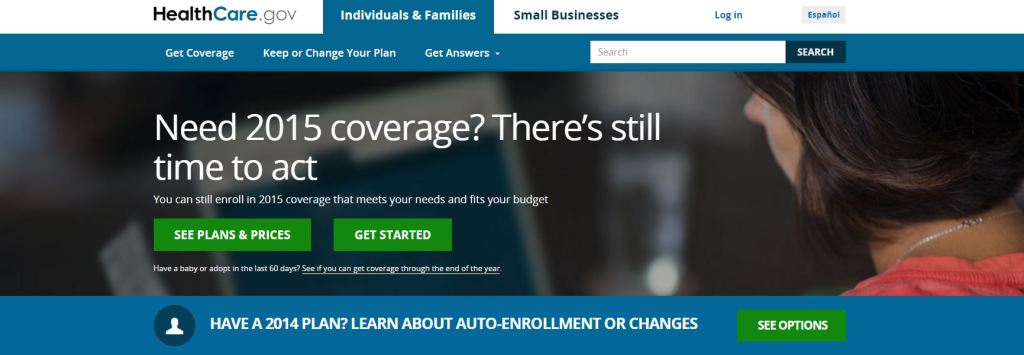More than 1.5 million students are projected to graduate by the end of 2014 and many soon will be making their own health care decisions for the first time.
It’s important for graduates to consider their options and secure affordable health insurance.
And while the busyness of job searches and moving home or to a new apartment might keep health care out of mind, it’s important for graduates to consider their options and secure affordable health insurance.
Below are some health care options for post-grads to help you get the conversation started:
Staying on the parents’ plan.
Even after college, a graduate can stay on their parent’s health care plan until they turn 26. In fact, young adults can join or remain on a parent’s plan even if they are married, not attending school or are no longer financially dependent on their parents.
While staying on an existing plan may be convenient, it’s important to know what comes after a young adult turns 26. When a dependent loses coverage on their birthday, they qualify for a special enrollment period outside of regular open enrollment, which ends 60 days after their birthday. Start the conversation as your child nears their 26th birthday. They won’t be able to receive coverage until the next open enrollment if they miss the special enrollment period.
If staying on your plan is the best option for now, it gives the 20-something an opportunity to understand their health care needs, the financial commitments associated with health insurance and time to plan ahead.
Select employer-sponsored health insurance.
Many students put their hard-earned degrees to use and gain full-time employment shortly after graduation. And under their new employment, employee-sponsored health insurance may be an option. Employers will typically agree to pay a portion of premium, which can help alleviate some of the cost and make the health insurance more affordable.
This is a great time to help walk your newly-employed child through the process of selecting the best and most affordable health insurance plan and budgeting for the necessary health care costs such as the premium and deductible.
Select a plan through the marketplace
Sometimes, depending on income, it can be more beneficial and affordable to enroll in a health insurance plan through the marketplace. The marketplace is designed to be a tool to help consumers compare health plans across carriers and choose the most appropriate option.
 Of course, your 20-something will want to think through their premium, co-pay and deductible but it is also important to understand the breadth of their network coverage. Who is included in the offered network of providers? Is their current primary care physician covered? If they have moved to a new location, make sure once they have established their health coverage that they look into finding a new primary care physician and setting up their first appointment.
Of course, your 20-something will want to think through their premium, co-pay and deductible but it is also important to understand the breadth of their network coverage. Who is included in the offered network of providers? Is their current primary care physician covered? If they have moved to a new location, make sure once they have established their health coverage that they look into finding a new primary care physician and setting up their first appointment.
Twenty-somethings often are not aware that preventative care is completely covered by their plan; the yearly physical or the flu shot are no extra expense to them. Plus, these services can keep them healthy and save them money in the long run.
Enroll in temporary health insurance.
Short-term health insurance may be an option when looking for another affordable way to pay for medical bills. Temporary insurances typically cover inpatient and outpatient hospital care, outpatient emergency visits and other basic services, but don’t include essential health benefits like regular plans. Temporary health insurance is an option in the time between the end of the special enrollment period and start of open enrollment, or for those who are between jobs with employer-provided plans.
Knowing the basics of health care is important, and can ensure a new graduate doesn’t get left without a plan or worse, left with medical expenses that far exceed their budget and financial capabilities.
